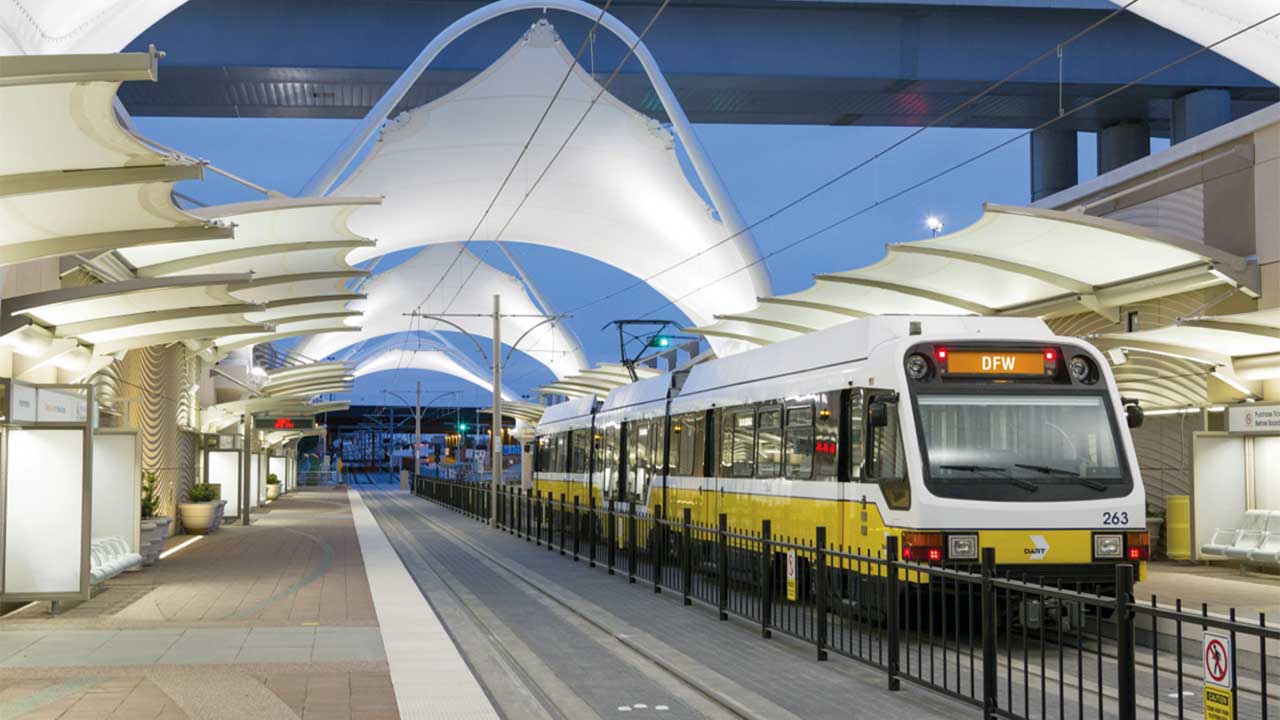
The year 2017 will see the start of many projects: new roads, Smart Cities, light rail system, etc. While some sectors will experience major boost, others, like agriculture, are still lagging behind. The year 2017 starts with renewed optimism on the economic front. The unemployment rate is on the decline, as well as the inflation rate. Many projects have been announced for this year, including the light rail system. The country has a number of challenges to face.
This year, small businesses rejoice over the exemption from payment of trade fee, following a budget measure announced last year. All trade fees up to the amount of Rs 5,000 are exempted, until 2019. Another good news for SMEs is that the process of filing annual reurns at the Companies Division has been simplified, where only a financial summary is required to be filed, unless there has been any change in the particulars of companies. To recall, Company Licence for small companies with turnover not exceeding Rs 10 million remains at Rs 500, instead of Rs 2,500.
This year, about 7,000 jobs will be created in the public sector and as many in the private sector, according to estimates. A new agency, the National Employment Agency, will also be created. Much emphasis will also be laid on the training of workers, to address the skills mismatch, especially in the construction, tourism, health and ICT/BPO sectors.
Economist Arvind Nilmadhub is of the view that every new year begins with a dose of optimism. “All entrepreneurs and investors are always optimistic at the start of a new year and expect to do better than the previous year. Of course, they also expect the business environment to be better. But optimism alone cannot bring about economic boost. There must also be a good policy orientation and the reforms process should continue. This year, it is likely that economic growth will be higher, if the announced projects do materialise. However, I hope we will not concentrate on a few sectors such as real estate only but that we will also attend to productive sectors like agriculture and manufacturing,” says the economist.
 Hurdles: Water crisis
Hurdles: Water crisis
A severe water shortage is gripping the island. Even the Central Water Authority claims the country’s reservoirs hold only three months’ consumption volume. The water crisis is seriously affecting the agricultural sector, in particular cattle breeders. Michael Valère, a small breeder of Nouvelle Decouverte, has lost several cows because of lack of water.
Pic: Cow breeder Michael Valere is devastated at the loss of his cows because of water shortage.
“Inadequate water has caused dehydration in my cows and I lost some animals, including a pregnant heifer. There is no water and we are devastated. The irony is that only recently the government introduced a Calf Production Scheme to encourage breeders to produce more animals, and now there is no water to feed them, and the authorities are not taking this issue seriously,” explains Michael Valère. The breeder narrated his misfortune on Radio Plus and the CWA took note and promised to help.
According to Arvind Nilmadhub, a water crisis will also affect the construction sector. “Construction needs water, and since we are concentrating on villas and apartments, these residential units will need water once inhabited. With more than 24 Property Development Scheme projects in the pipeline, and a few Smart Cities, I am worried that Mauritius may not be able to meet demand of water, even though Bagatelle Dam will be operational. Water consumption will increase, and foreign residents who acquire a property in Mauritius will expect a 24/7 water supply. Mauritius has signed IPPAs (Investment Promotion and Protection Agreement) with a number of countries, which means we are bound to ensure round the clock water supply to protect the value of the properties bought by foreigners. It seems we are simply dishing out new permits for mega residential developments without assessing the water needs, especially in water stressed zones such as the North, which is seeing a surge in PDS development. “
 Khemraj Dosonyee: « Foreign contractors are taking our jobs »
Khemraj Dosonyee: « Foreign contractors are taking our jobs »
Khemraj Dosonyee, a small builder, says he is happy that 2017 will see a lot of projects in the construction sector, but he dreads that small builders like himself may not really benefit from the construction boom. “The government rightly decided to curb the import of foreign labour for the construction sector in order to protect local jobs, but the government does not realise that foreign contractors settling here are taking all our jobs. The authorities are giving Occupation Permits to foreigners who operate as small contractors, builders, etc and they are getting all construction contracts and sub-contracts, much to the detriment of small builders. Foreign contractors are building houses, commercial units and swimming pools in Mauritius while small local builders are sitting and watching. This is unfair and creating resentment among local small builders and masons and artisans. I appeal to the government to review this trend and take corrective measures.”
 J'aime
J'aime














